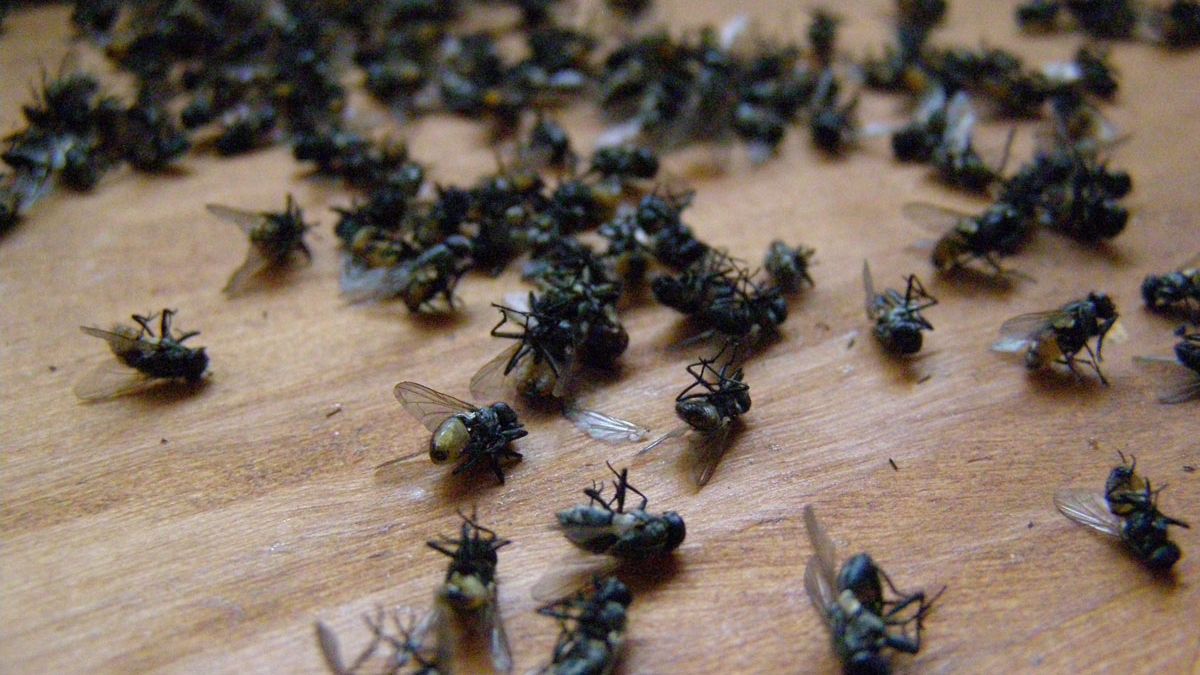Thousands of Neuquén homes continue to suffer from flies.
– –
“In general, dipterans, flies, from all families, are insects that cause the degradation of all feces, manure, defecation, and all decomposing organic matter,” described the entomologist, who also explained that ” They live in the decomposing organic matter, they lay their eggs there and from there the larvae begin to emerge, which are the ones that devour the substrate, and with that they feed and reproduce”.
Parra assured that the degradation of manure, feces, and all decomposing matter “is a very important function for the ecosystem, for nature.”
“First of all, they degrade, destroy decomposed matter, defecation, and transform it into another element that improves soil structure and even provide nutrients and fertilizers to plant roots, which is a really very important function,” he insisted. .
A-flies.jpg

– –
This insect specialist then highlighted two fundamental functions of flies: the degradation of decomposing organic matterfaeces, animal droppings, dead animals, and its subsequent transformation into useful elements for the soil and plants.
“The contribution that flies make to the ecosystem is to reduce decomposing organic matter and transform it into useful elements for the soil and for plant fertilization,” said Parra, who also assured that it is a very important contribution to the entire ecosystem. planet because it contributes to the improvement of vegetables.
Beyond the inconvenience caused by flies to people, Parra warned about another negative contribution of these insects. “There is a negative contribution that flies have, which is the transmission of diseases to humans and animals,” she indicated.
“Since these insects live and reproduce and feed on decomposing organic matter, their bodies are completely covered with bacteria, and even with viruses that are transmitters of diseases, for example dysentery, typhoid, paratyphoid, and that is important to take into account within the functions that flies have in nature”, he concluded.
–

 – –
– –

